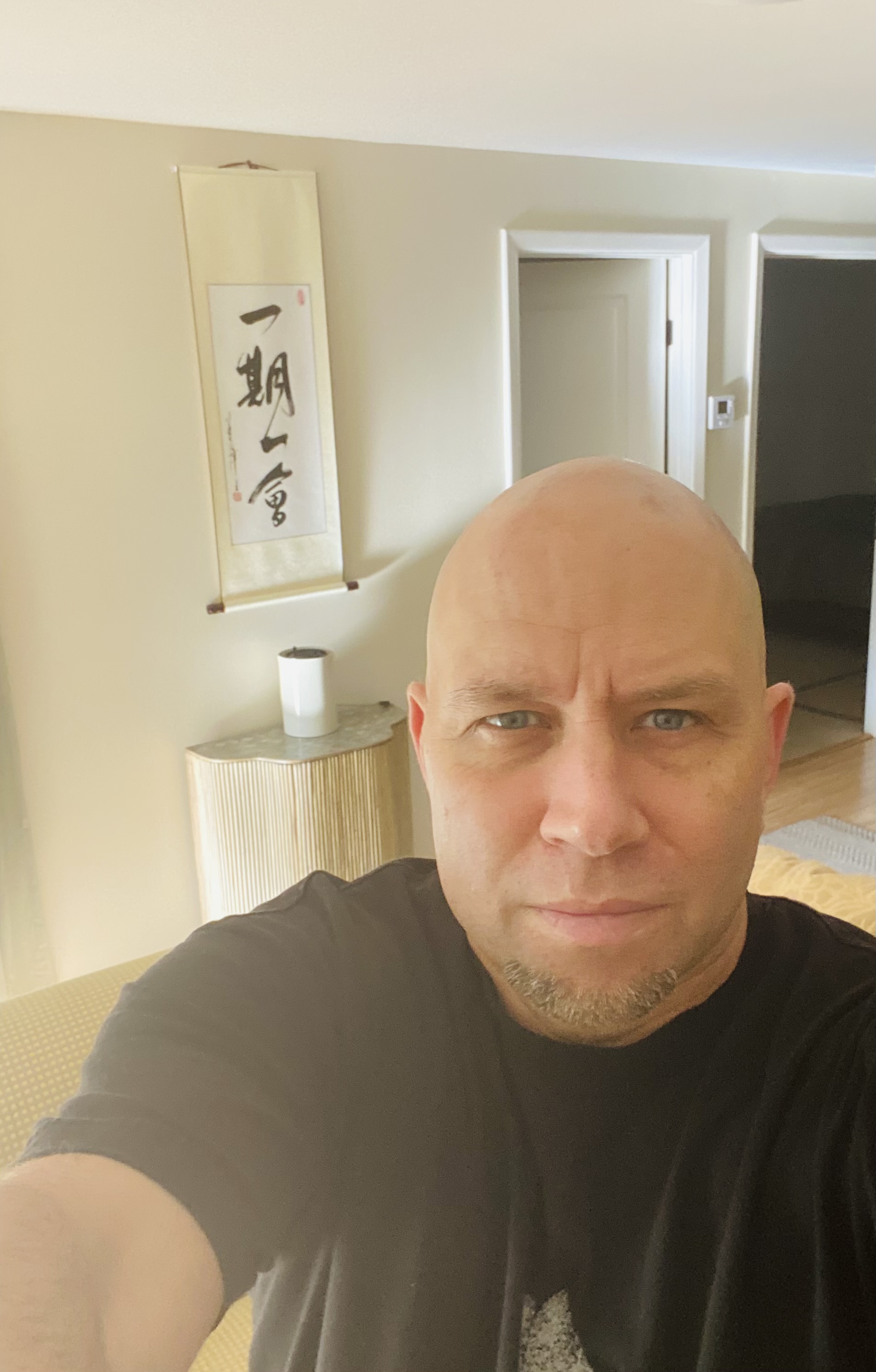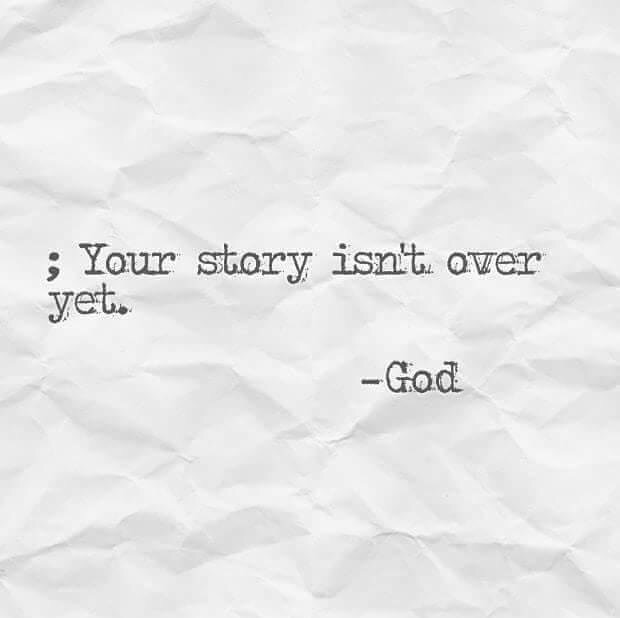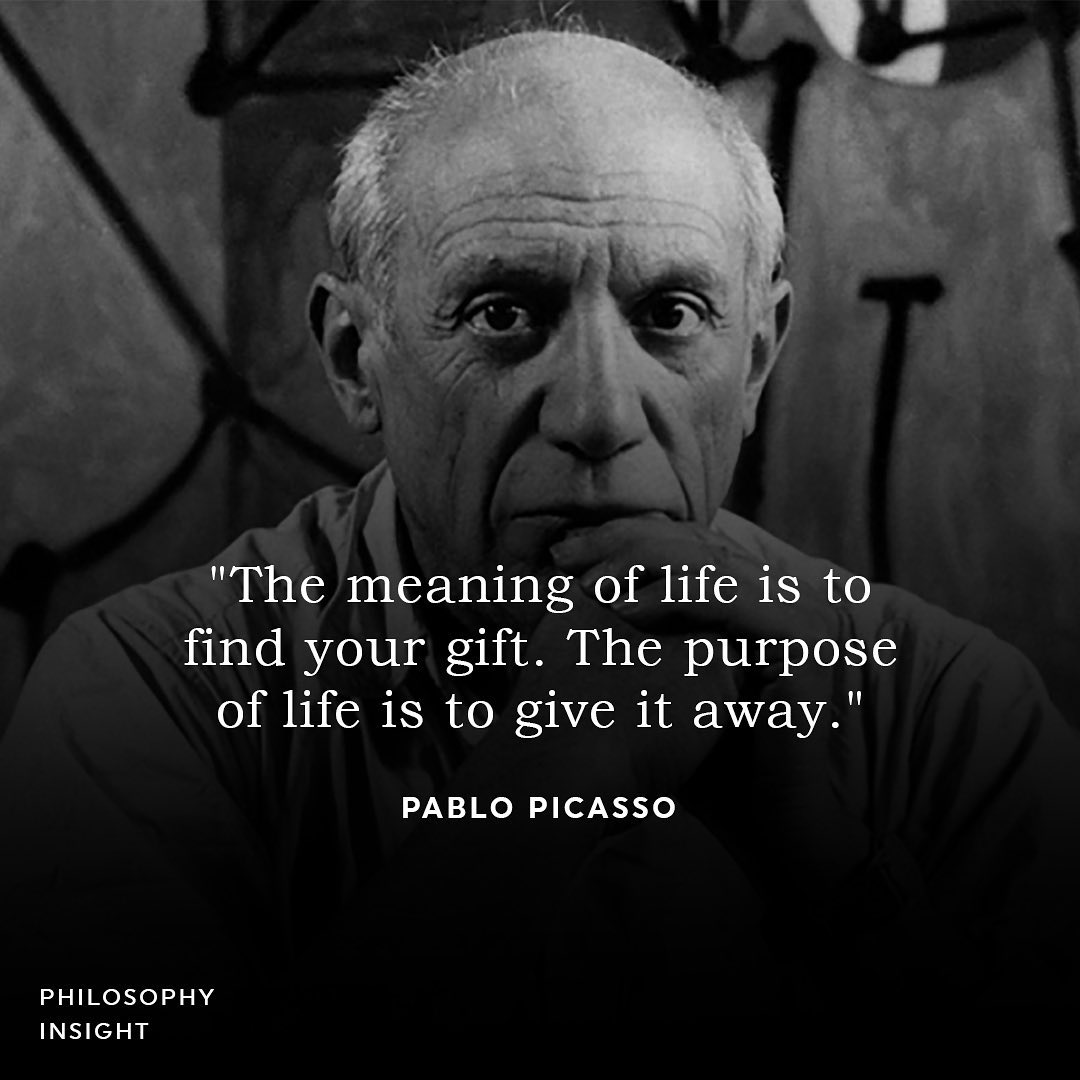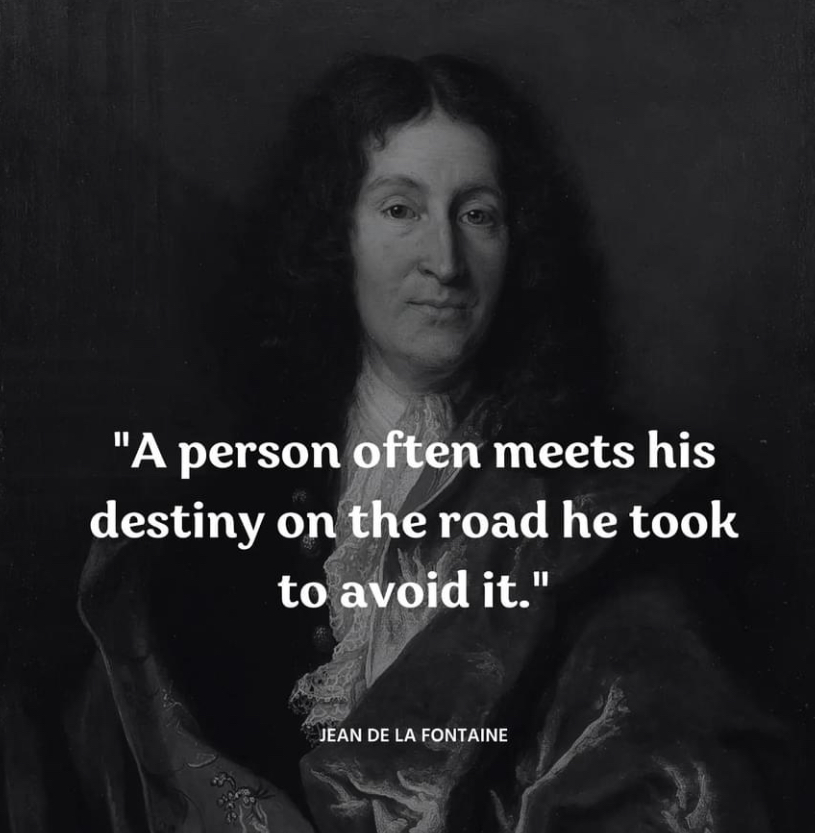Episode Transcript
[00:00:14] Speaker A: And we're born.
[00:00:17] Speaker B: We fearing stranger Traveling through this world home.
[00:00:28] Speaker A: But there's no sa.
[00:00:47] Speaker B: Welcome to this trailer of Unraveling Religion. I'm your host, Joel Lessees, and I'm here with Chris Barbera. We're here to talk about three podcasts. A talk from 2009, a talk from 2013, and a talk from 2022. And so, Chris, I'm just wondering how you're doing today.
[00:01:05] Speaker A: I'm great. It's great to see you. And I think about, you know, time now that you're, you know, we're going back more than a dozen years.
[00:01:13] Speaker B: Yeah.
[00:01:15] Speaker A: And it's good, you know, that, you know, remembering how the spirit manifests at different times and different social conditions, it'll.
[00:01:22] Speaker B: Be a good remembrance on so many different levels and so many different ways. You seek to amplify, not give voice, but amplify v that it may be heard by people. And I'm very grateful for your work. I guess that's what brings us here together today. And I'm just wondering, you know, we did a talk in 2009 was about. I think it was about sort of like your foray into prison work and your history with, like, how you became involved with homeless populations. I think it's entitled Real Flowers of this Painful World. Compassion Manifests for All Beings. Spirituality Forged through Practical Application. A conversation with Chris Barbera. And I'm just wondering if you could, if you recall anything about that talk, what that might. What that might look like for you.
[00:02:03] Speaker A: It certainly says a lot about being called to, you know, service with the most outcast, you know, in the world and the most oppressed. You know, people that are vulnerable are the most exploited and the most, you know, manipulated and oppressed. And it's very. It's sad to see. It breaks my heart to. To see vulnerable people attacked like this. And it goes on constantly. So, yeah, you know, my little part in that was to, you know, have an honest wit and to give genuine service.
[00:02:32] Speaker B: It seems like this Real flowers Talk of 2009 was kind of your stepping into, in an entrenched way, your activism.
[00:02:40] Speaker A: Yeah. We talked about the different communities, the beauty within those communities, and, yeah, what is done in the prisons, you know, the privatization of certain labors within prison and all the abuse that goes on, and just the systematic racism and classism that is there. And, you know, it's this very oppressive, patriarchal, militaristic mentality that creates it. It is heartbreaking. And my role was to find or preserve the humanity that's in that world.
And to bring it out in 2013.
[00:03:13] Speaker B: We had, we spoke about the publication from Jesus the Liberator Seminary's Prison Theology. The title of that podcast is Prison Theology Restorative justice and Equalizing. An Examination of the Prison Industrial Complex. A discussion with Chris Barbera. I think the first book that was published was Prison Theology, wasn't that correct?
[00:03:32] Speaker A: Yeah, well, I remember certainly the book. You know, it was the labor of love that we articulated a theology based on people inside writing, their conception, their experience of God. And we tried to have some blueprint of what that looks like and some parameters of that based on experience. And so just trying to create like a way of doing theology in prison by and with incarcerated people.
[00:03:57] Speaker B: And, you know, I think one of the beautiful elements is the clue closing of this podcast, Prison Theology, Restorative justice and Equalizing Voices, where I think you talk about how the church and the university are within the inmate. And liberation theology and prison theology both seek to dissolve the physical boundary of that that you're trying to elicit Connect a physical university and a physical church, temple or mosque or holy site or holy place of practice or worship with the inmate. Connect them so that it awakens in the inmate, that those elements are in the inmate, but they're not awakened yet. And so by your work, you're really, really fanning the flames of like, education is an inherent human right for our dignity. And worship is necessary. Spirituality is necessary for a healthy quality of life. And you're really trying to fan these things to awaken not just prisoners and inmates, but our community, that these things are the ways of restoration to the prison industrial complex. To dissolve the prison industrial complex is to awaken the fact that you don't dehumanize, you awaken the humanity in prisoners. And you do that by recognizing that within each inmate is a university and is a house of worship that just needs to be nurtured.
[00:05:16] Speaker A: Yeah, well said. The dignity of every human being, the spirituality of every human being has to be acknowledged and honored and brought out as much as possible.
[00:05:26] Speaker B: The third talk talks about pilgrimage when in a post pandemic world, I think it was June 2022, we sat in this very room. And you just returned from travels to Seattle and San Francisco.
[00:05:40] Speaker A: Yeah, and that was a jump off to the larger concept of pilgrimage, of being a pilgrim on this earth, as it were.
[00:05:48] Speaker B: Sure.
[00:05:48] Speaker A: You know, so that that was the stimulant for the larger conversation we had. I mean, mystics would say that, you know, we're on pilgrimage in this world and Then there was the, you know, combining that mystical, esoteric truth with the reality of people that are actually on pilgrimage, people that are displaced through war, that are forced into leaving their home and being on pilgrimage to another place to find another home. So we tried to tie I think, all that in the different levels and meanings of what the word pilgrimage is.
[00:06:18] Speaker B: You know, I think you touched on a couple of your other pilgrimages.
I think you'd gone to Wounded Knee. You talked about your travels to Wounded Knee, and you spoke of Sitting Bull and Black Elk. And then you also.
I know one of your deep awakening, which we spoke about in visionary landscape of humanity's potential was in the Tenderloin district.
[00:06:36] Speaker A: It was the Tenderloin. And this enclave was really the most culturally and spiritually diverse area in San Francisco, which is a beacon of, like, the new technology.
But within this palatial city of a lot of wealth was a condensed 6 by 6 block or so of poverty and homelessness and mystics, and an incredibly transformative area for many people, including myself.
[00:07:04] Speaker B: If I remember correctly, and I'm going by memory here from 2008, wasn't there a homeless person who became your teacher, your spiritual teacher?
[00:07:12] Speaker A: Yeah, I had many homeless people that were my teachers, but there was one.
[00:07:15] Speaker B: In particular that kind of facilitated your awakening.
[00:07:17] Speaker A: Yeah, I mean, a lot of people have had, like, a guru student relationship, a rabbi student relationship with their. And I had one of those relationships with a man who I referred to as bones because he. His first teaching was about the bones that were all. We all have the same bones that were all fundamentally humanity, you know, and that was the basis of a lot of his teachings.
[00:07:40] Speaker B: Yeah. Could I. Would you mind if I tie into a Kabbalistic teaching about bones?
[00:07:46] Speaker A: Yeah.
[00:07:46] Speaker B: The interesting thing about bones is that the number of bones in the human body is 248. It's the number of positive commandments. The number of bones in the human body correlate to the number of commands.
[00:07:58] Speaker A: That's awesome.
[00:08:01] Speaker B: As I'm thinking about this now, it goes beyond that, that I think if you take 613 and subtract 365, which are the number of days in a year, you get the number of bones in the body, and then the 365 are the. Is time. So you have the physical element, then you have time, and those two things of the 365 days and the number of bones in the body add up up to 613.
[00:08:25] Speaker A: That's beautiful. That's beautiful. Yeah. My Kabbalistic teacher, you Know, he would take me on these journeys to the pyramids in Egypt and the pyramids in Central America.
[00:08:35] Speaker B: Yeah.
[00:08:36] Speaker A: And such. And just so much deep wisdom. And at the same time, I saw him caring for, like. Like, homeless black youth who were just on the street and, like, extending compassion.
So it was this beautiful synthesis of, like, compassion and wisdom that. That was my teacher.
[00:08:53] Speaker B: Yeah, yeah, yeah. And it's. It's funny that you mentioned this, because as we were sitting down to record this trailer, I mentioned that I felt like, especially with you and I, the synchronicities are very deep and pointed and almost like, whisper to us and that this is. This is being recorded June 2025. But it's Father's Day, and I was tying in with. With our conversations before. The importance of all these elements of a healthy father influence or a healthy masculine influence within.
Doesn't have to be within any kind of specific framework, but just to have a healthy masculine influence, how important that can be in transformation, transformational that can be in one's life. And I know from my own experience, I just got done, as I shared with you, that I was with my father. He has been a beac.
Constancy and goodness and ethos and care, just absolute care. And so I just. Yeah, I think what that. Especially with, like, you know, the prison work that you do, I. I think is most profoundly impacted by. Probably would be most profoundly impacted by masculine energies of nurturance for people who have not had that. And I also think of the Labava Cherubi Menachem Anderson in his care or in his purview or in his priority. Orphans were highest priority because in Torah, the fifth commandment is thou shall honor thy father and mother. And one through five are the commandments between God and human beings. The fifth being, honor thy father and mother. Why is it the fifth? Because it's the bridge between 6 through 10, which are between human beings and human beings. So it's as if God has chosen your parents from. For you to teach you how to relate both spiritually to God and your community. And when you don't have that, it's incumbent upon people who feel called to embody, embrace, and draw near people who. Orphans or people who aren't with those role models.
[00:10:51] Speaker A: You know, that's wonderful. That's beautiful.
The mentorship, whether it's feminine or masculine, is certainly important. My guru, who we just spoke about Bones. Bones, he, you know, he was a masculine mentor to me, you know, a generation older than me. So, you know, he was a father figure in that sense as well as a spiritual teacher. So I think that's a good combination of spiritual mother, spiritual father with an older. An older woman or an older man is a good thing.
[00:11:26] Speaker B: Yeah.
Just in wrapping up, is there a kind of summary that you'd like to offer in reflection of this deep embodied expression of your work, kind of encapsulated, recorded and expressed here?
What are your reflections?
What do you what do you feel like from your heart? What do you feel when we talk about this? What do you want to share or say about it?
[00:11:45] Speaker A: I reflect on, you know, the major themes of prison and pilgrimage, you know, and I was on a prison pilgrimage a couple actually.
So that's where a lot of my ideals of service and knowledge, you know, through the publication of books and working with education, with that community had all come together.
[00:12:06] Speaker B: I just so deeply want to say thank you so much for your work and effort.
[00:12:09] Speaker A: Thank you.
[00:12:10] Speaker B: Chris Barbera. Thank you so much because.




